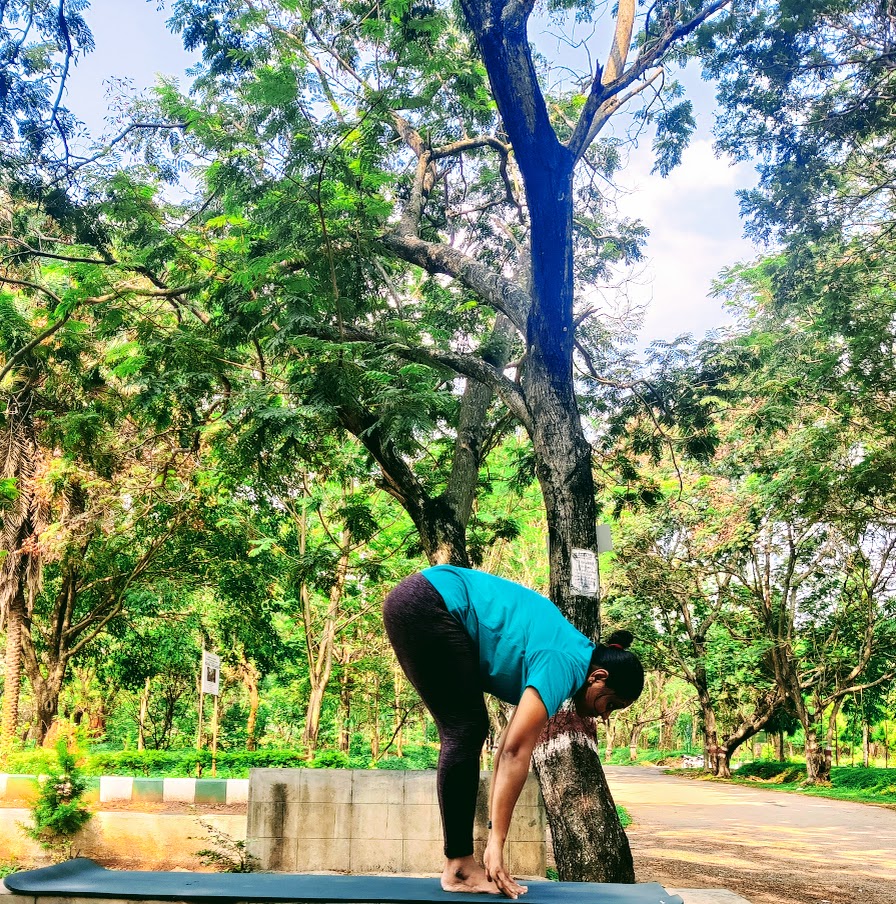
Introduction:
Ahimsa, the practice of non-violence and non-harming, not only has profound implications for our external interactions but also serves as a powerful catalyst for personal growth and inner transformation. By embracing ahimsa as a guiding principle in our lives, we can cultivate qualities such as compassion, empathy, self-discipline, and emotional intelligence. In this blog post, we will explore how practising ahimsa can lead to personal growth and contribute to our overall well-being.
Cultivating Compassion and Empathy:
Ahimsa invites us to extend compassion and empathy not only towards others but also towards ourselves. By practising self-compassion, we develop a deeper understanding of our own struggles and shortcomings, allowing us to approach personal growth with kindness and forgiveness.
Developing Emotional Intelligence:
Practising ahimsa requires us to become more aware of our emotions and their impact on ourselves and others. By cultivating emotional intelligence, we can better regulate our emotions, empathize with others’ feelings, and communicate more effectively, leading to healthier relationships and personal growth.
Nurturing Self-Discipline:
Ahimsa challenges us to exercise self-discipline in our thoughts, words, and actions. By refraining from harmful behaviours, such as engaging in negative self-talk or succumbing to destructive habits, we cultivate self-control and inner strength. This self-discipline becomes a foundation for personal growth and enables us to make choices aligned with our values and long-term well-being.
Cultivating Mindfulness and Inner Peace:
Practising ahimsa involves living in the present moment and being mindful of our thoughts, emotions, and actions. Through mindfulness practices such as meditation, we develop a deeper connection with our inner selves, allowing us to observe our patterns and reactions. This awareness fosters inner peace, reduces stress, and enhances personal growth by facilitating self-reflection and self-awareness.
Embracing Personal Transformation:
Ahimsa calls us to examine our beliefs, biases, and conditioning, and challenge them with openness and curiosity. By embracing personal transformation, we embark on a journey of self-discovery, shedding limiting beliefs and embracing new perspectives. This process opens doors to personal growth, expanded consciousness, and a more authentic and fulfilling life.
My EXPERIENCE:
Struggling with Body Image and Weight Loss:
A few months ago, I found myself becoming increasingly critical of my body and desiring weight loss. Ignoring the signs of a healthy and regular menstrual cycle, I became fixated on shedding a few extra kilograms. I embarked on an intense exercise routine, including multiple yoga classes a day and daily walks, disregarding my body’s true needs and its inherent nature.
Hormonal Imbalance and Disrupted Menstrual Cycle:
As a consequence of neglecting my body’s needs, I experienced a hormonal imbalance, leading to a disrupted menstrual cycle. Instead of the regular 28-day cycle I had previously, my periods occurred in 21 days for that month. This disturbance served as a wake-up call, prompting me to reevaluate my approach and prioritize self-care.
Embracing Menstrual Health and Self-Care:
With the understanding that my menstrual health is an integral part of my overall well-being, I took steps to nurture this aspect of my body. I sought guidance from healthcare professionals and explored natural methods to restore hormonal balance. Additionally, I incorporated stress-reducing practices such as meditation, adequate sleep, and nourishing foods into my routine.
Ignoring the Wisdom of My Body:
As a Vata-dominant person, according to Ayurveda, my body requires relaxation and a gentle approach. However, driven by external pressures and unrealistic expectations, I went against my body’s natural inclinations. Instead of listening to its signals for rest and nourishment, I pushed myself to extremes, neglecting the principles of ahimsa towards myself.
Realization and Practicing Ahimsa Towards My Body:
Recognizing the harm I had caused to my body, I embarked on a journey of self-reflection and self-compassion. I realized the importance of practising ahimsa towards my body and nurturing its well-being. This involved shifting my mindset from external appearance-focused goals to a holistic approach that embraced self-care and body acceptance.
Embracing Menstrual Health and Self-Care:
With the understanding that my menstrual health is an integral part of my overall well-being, I took steps to nurture this aspect of my body. I sought guidance from healthcare professionals and explored natural methods to restore hormonal balance. Additionally, I incorporated stress-reducing practices such as meditation, pranayama, asana, adequate sleep, and nourishing foods into my routine.
Listening to My Body and Nurturing Menstrual Well-being:
By listening to my body’s cues and honouring its needs, I gradually restored balance to my menstrual cycle. This process involved giving myself permission to rest, practising self-compassion, and engaging in activities that nourished my body and mind. Through these practices, I cultivated a deeper understanding of the interconnectedness between my menstrual health and overall well-being.
Ahimsa offers us a transformative path to personal growth and inner well-being. By practising non-violence, compassion, and self-discipline, we cultivate qualities that nurture our relationships, enhance our emotional intelligence, and bring us closer to our authentic selves. Let us embrace ahimsa as a powerful tool for personal growth, recognizing that our journey towards self-improvement and transformation is intrinsically linked to the well-being of others and the world around us.
Conclusion:

Practising ahimsa towards ourselves involves honouring our bodies, including our menstrual health. Neglecting our body’s needs can lead to imbalances and disruptions in our well-being. My personal journey of neglect and subsequent realization taught me the importance of listening to my body, nurturing menstrual health, and embracing self-care and body acceptance.
By practising ahimsa towards ourselves, we create a foundation for overall well-being and a harmonious relationship with our bodies. Let us remember to be kind and compassionate towards ourselves, nurturing our bodies and embracing our menstrual health as an integral part of our well-being.
I encourage each one of you to begin practising ahimsa by extending it towards yourself first and then towards others.

